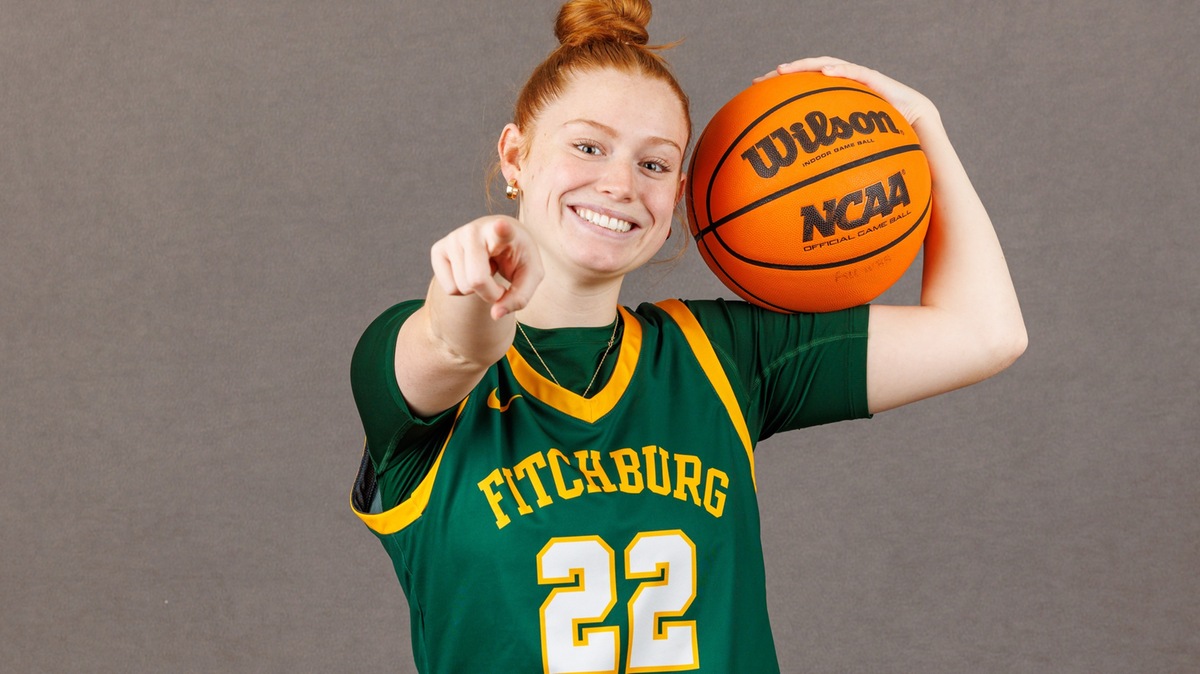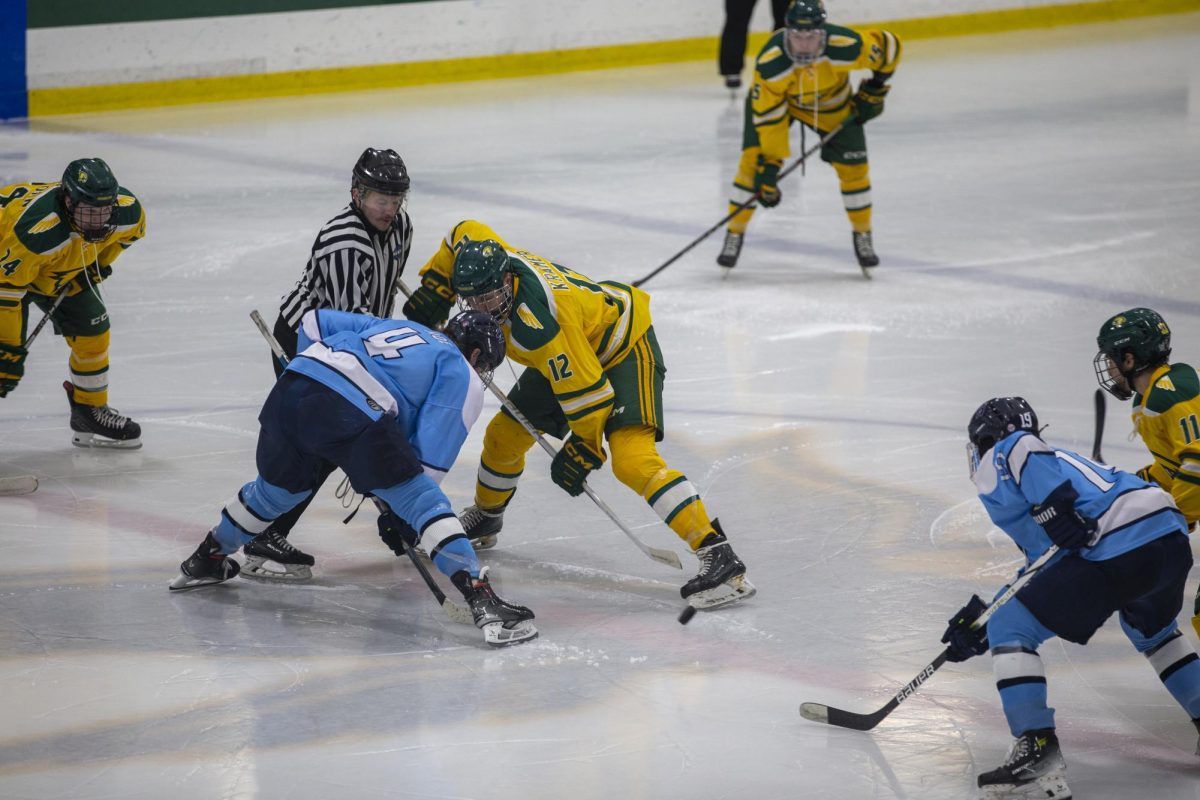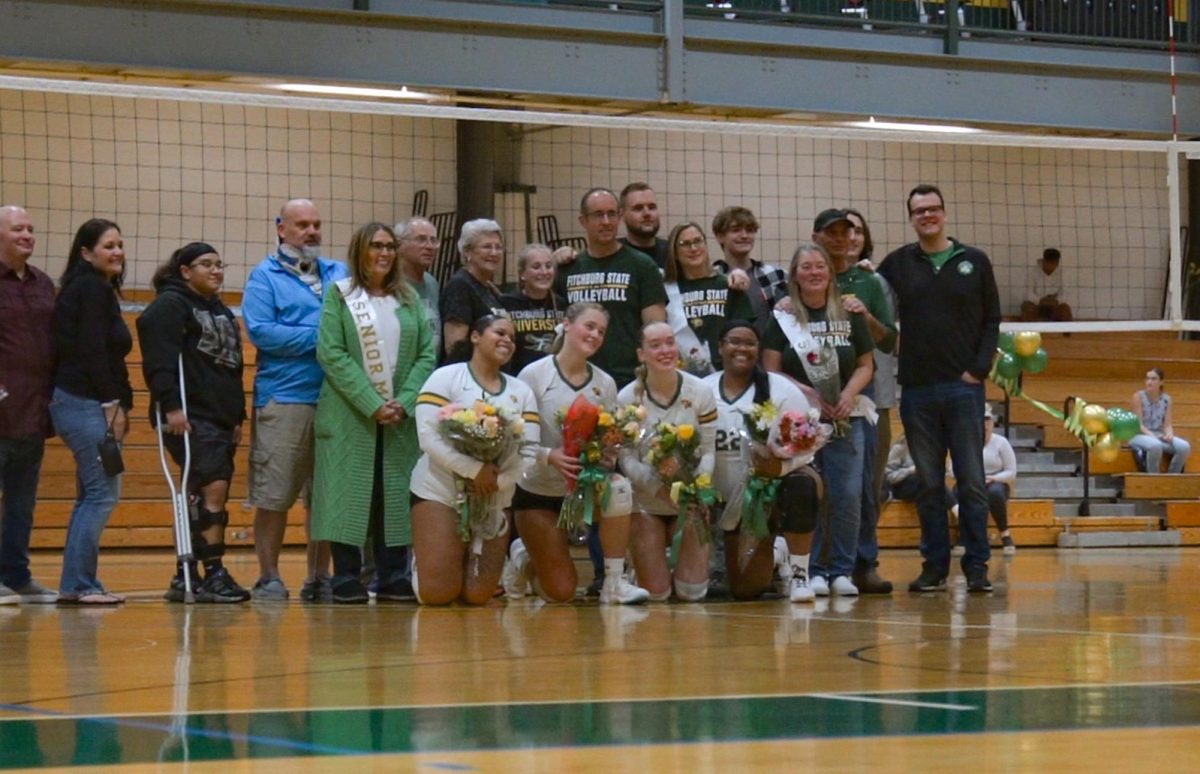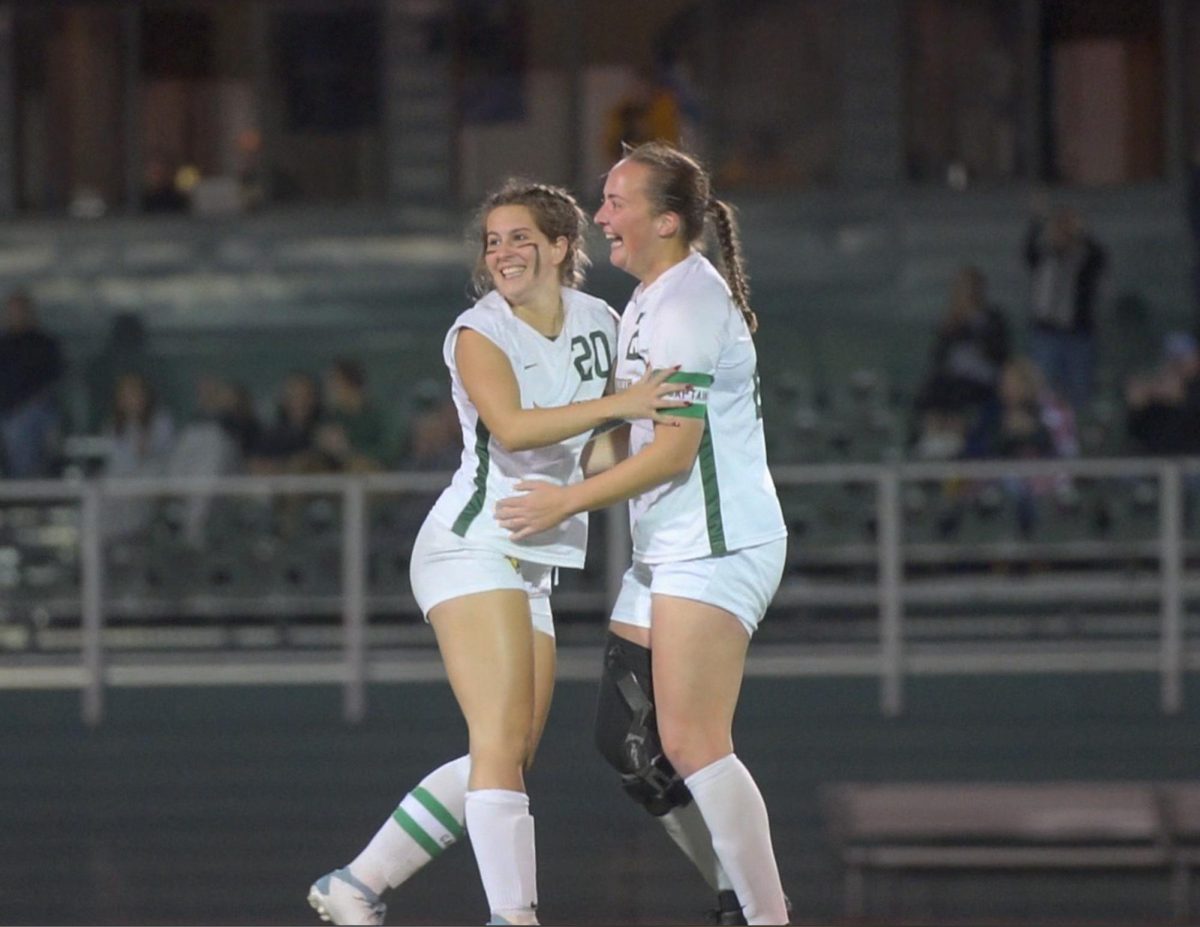By Kurtis Kendall
For the Love of the Game
We often hear a lot about division one (D1) athletes on a nationwide scale. Many of these individuals we watch on TV, cheering for or against them while we take in the game before us. We debate about where these athletes might get drafted, perhaps hoping for one of them to land with our favorite professional team.
Rarely however, do we hear about division three (D3) college athletes.
D3 athletes are the ones sitting next to you in your class, they’re the ones in the library with you studying for that same exam you have tomorrow; only they just returned from their game earlier that night, with practice tomorrow, and lifts in the morning.
“I think the main thing that people don’t know about D3 athletes is how much time and effort goes into their sport,” said Fitchburg State senior Kristina Osborne, who has played on the University’s volleyball squad since the program began. “I feel that D3 athletes practice just as hard on and off the court or field as D1 students do.”
The transition once you become a D3 athlete does come with some lifestyle adjustments. “The atmosphere changes,” said senior Brendan Courtney, who is on both the indoor and outdoor track team. “You’re a lot more focused on academics while still being apart of the team.”
Worcester State sophomore Joe Desormier emphasized that D3 life takes a lot more time out of your day than people think. “You have to take into consideration getting ready for practice, like being there a half hour early. Watching film before or after practice, the team lifts, the community service you are recommended to do, and all the study hall hours. All of this adds up quickly and all of sudden it’s already 9:30 p.m. and you haven’t eaten a single thing all day or even said ‘hi’ to your friends. But most importantly, is how much homework or studying you still have to do before the morning.”
The amount of dedication one must devote their time to for being a D3 athlete can be enormous. This time also comes without any benefit of financial relief. “A lot of people don’t know that we aren’t given any athletic scholarships to play a sport here,” said junior basketball player Emma Thomson. “A lot of D1 and D2 players are given some financial help due to their success on the court or field, which is awesome. But we’re dedicating a lot of hard work and time out of our academic and social lives to do something we love without receiving scholarship in return.”
Due to the amount of work D3 athletes have on their plates, their lives can certainly be a lot harder to balance compared to their peers. “I feel that a majority of student athletes are commuters, still trying to work to pay for their education, and are trying to have a social life,” said Osborne.
Desormier echoes the statements of the difficulties facing athletes. “At the D3 level, the workload you are assigned is the exact same as any other student at the school.”
Many D3 athletes try to take advantage of the offseason as much as possible in order to get the most out of their season and lessen their in-season workload. “I would try to work crazy hours in the offseason to save money so that I could play in the fall,” said Osborne. “If I didn’t work as much as I did offseason, I don’t think I would have been financially stable to play a sport.”
“It can be a lot of pressure to be put under,” said junior baseball player Jack Gallant, referring to the balance of college life with athletics. “In the offseason I try to take 5-6 classes, and then 4-5 classes in the spring during the season. If you are in-season and taking 6 classes, that’s a stretch [to be able to balance that”].
Courtney sees the D3 life a through a different lense. Though he admits there can be more restraints on your life, his sport also offers a chance to just get away from it all. “It’s kind of a release in some ways, to get off campus and just focus on the run I’m doing.”
Playing solely for the love of the game is arguably the biggest element of life for D3 athletes. At this level, this is no incentive or next step to the professional world. “This is most likely our last 4 years of playing the sport that we love,” said Gallant. All D3 athletes realize this and try to make the most of their college years.
“We love it just as much, love to play it,” said Gallant. “But we also want a good education; school does come first as an D3 athlete.”
Support, On and Off the Field
One of the biggest causes for concerns with athletes revolves around food and the dining hall. “Daka’s hours have affected everyone in some way,” said Courtney.
“Since it’s open for such a short period of time,” said Thomson, “especially for dinner, we don’t always get to eat after practice or on game days. I remember a lot of times where our coach would rush us out of practice on Friday night because the dining hall closed so early. We spend a good amount of our own money on food in Hammond or elsewhere because of it.”
Gallant states how when he was new to the school, adjusting to the D3 athletic lifestyle came with some hungry nights. “The hours are so specific, freshmen year I really had trouble getting meals.” He went on to say that meal money on bus trips for games also can come with some problems. “For bus trips we get 10 dollars for a meal. But if we’re playing a double header, we only get 12 dollars, only 2 extra dollars. I’m not upset about that, I understand, but it would be nice if we got a little more help with that.”
These food issues also extend beyond just Fitchburg State. “The dining hall usually closes either right when we get out of practice or its not open before you go into practice,” said Worcester State basketball player Joe Desormier. “So you find yourself getting very hungry most of the time and running around from place to place trying to find food.”
Courtney points out that these problems are not athlete specific and can be more of a deal you make with yourself. “Sometimes my practice will get out late and I’ll miss Daka, but sometimes it’s my job, so it’s not limited to just sports. If you do athletics, you’re kind of signing that contract that ‘I might not get here [for dinner] everyday.’”
As for the academic support D3 athletes receive on campus, most student-athletes claim an overall positive experience. “The professors I’ve had are usually really supportive of the athletic teams on campus,” said Thomson, “they’re willing to work with you in order for you to succeed with a busy schedule, as long as you work with them as well.”
“It changes by professor,” said Courtney, “I’ve had some who would go over the moon to make sure it was no problem that I got to that game or practice. Others take their class as priority, which is fair.”
Worcester State experiences a similar situation in that it varies professor to professor, but can become overwhelming if some leeway isn’t granted for the students. “The amount of times myself or teammates are doing homework before or after the game on the bus is a little ridiculous,” said Desormier. “It causes a lot of stress and doesn’t get our full focus on the game.”
The grind never ends for D3 athletes, even after the season has concluded. “If you play a D3 sport, you are expected to get better and improve for next season,” said Osborne. “You need to continue playing your sport and working out until the season starts again.”
Though the D3 life is not an easy one, it’s one that the athletes living it wouldn’t ever give up. Improvements could be made to lessen the load on athletes, but in the meantime, they’ll continue to dedicate their time to the sport that they love.
Categories:
The Lives of Division III College Athletes
April 22, 2019
1
Tags:





